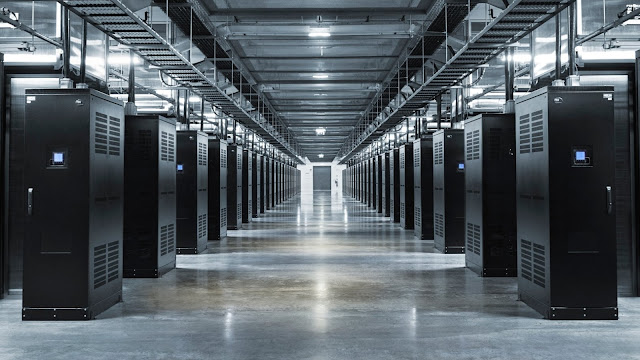Hydrogen Aircraft Market Driving Environmental Sustainability And Forecast 2023-2030
 |
| Hydrogen Aircraft Market |
The
Hydrogen Aircraft Market has emerged
as a powerful driver of environmental sustainability, revolutionizing the
aviation industry with its promise of cleaner and greener air travel. As the
world becomes increasingly conscious of the detrimental effects of traditional
fossil-fuel-powered aircraft on the environment, the development and adoption
of hydrogen-powered aircraft have gained significant momentum.
Hydrogen,
as an alternative fuel, offers several compelling advantages over conventional
aviation fuels. Firstly, when burned in a fuel cell or combustion engine,
hydrogen produces only water vapor and heat as byproducts, completely
eliminating carbon dioxide emissions and other harmful pollutants. This
characteristic makes hydrogen aircraft a vital component in the global efforts
to combat climate change and reduce the aviation industry's carbon footprint.
Moreover,
hydrogen is an abundant element and can be produced through various
eco-friendly methods, such as electrolysis using renewable energy sources like
wind, solar, or hydropower. This sustainable production process further
enhances the appeal of hydrogen aircraft as a key enabler of a low-carbon future
for aviation.
Additionally,
hydrogen-powered aircraft offer substantial efficiency gains. Hydrogen has a
higher energy content per unit of weight compared to conventional jet fuels,
which translates to longer flight ranges and improved operational performance.
According To Coherent Market Insights, The
Hydrogen
Aircraft Market was assessed at US$ 5.5 billion in 2022, and from 2023
to 2030, it is expected to increase at a compound annual growth rate (CAGR) of
22.4%. These advancements can potentially enable airlines to expand their
routes and offer more direct flights, reducing overall fuel consumption and
operational costs in the long run.
Several
leading aerospace companies have already made significant strides in developing
hydrogen-powered aircraft. Prototypes and concepts are emerging, with a strong
focus on regional and short-haul flights initially. Major key players in the
global Hydrogen Aircraft Market are
Aerodelft, Aerovironment, Inc., Airbus S.A.S., Alaka’i Technologies, Hes Energy
Systems, Pipistrel D.O.O., PJSC Tupolev, and The Boeing CompanyAs technology
advances and infrastructure supporting hydrogen refueling stations grows, the
potential for hydrogen-powered aircraft to operate on longer international
routes becomes increasingly feasible.
However,
there are challenges that need to be addressed to fully realize the potential
of the Hydrogen Aircraft Market. The
safe storage and transportation of hydrogen, which requires high-pressure or
cryogenic systems, pose technical and logistical hurdles. Additionally, the
higher upfront costs associated with developing and manufacturing hydrogen
aircraft remain a barrier to widespread adoption.
Cargo
Bike is a modern,
pedal-powered workhorse that combines the benefits of exercise and
environmental responsibility with practicality. Equipped with spacious cargo
compartments and advanced braking systems, it empowers users to embrace a
greener way of transporting goods and embracing an active lifestyle.
Nonetheless,
governments, environmental organizations, and the aviation industry itself
recognize the immense potential of hydrogen aircraft in achieving
sustainability goals. As a result, they are actively investing in research,
development, and incentives to accelerate the adoption of this transformative
technology.



Comments
Post a Comment